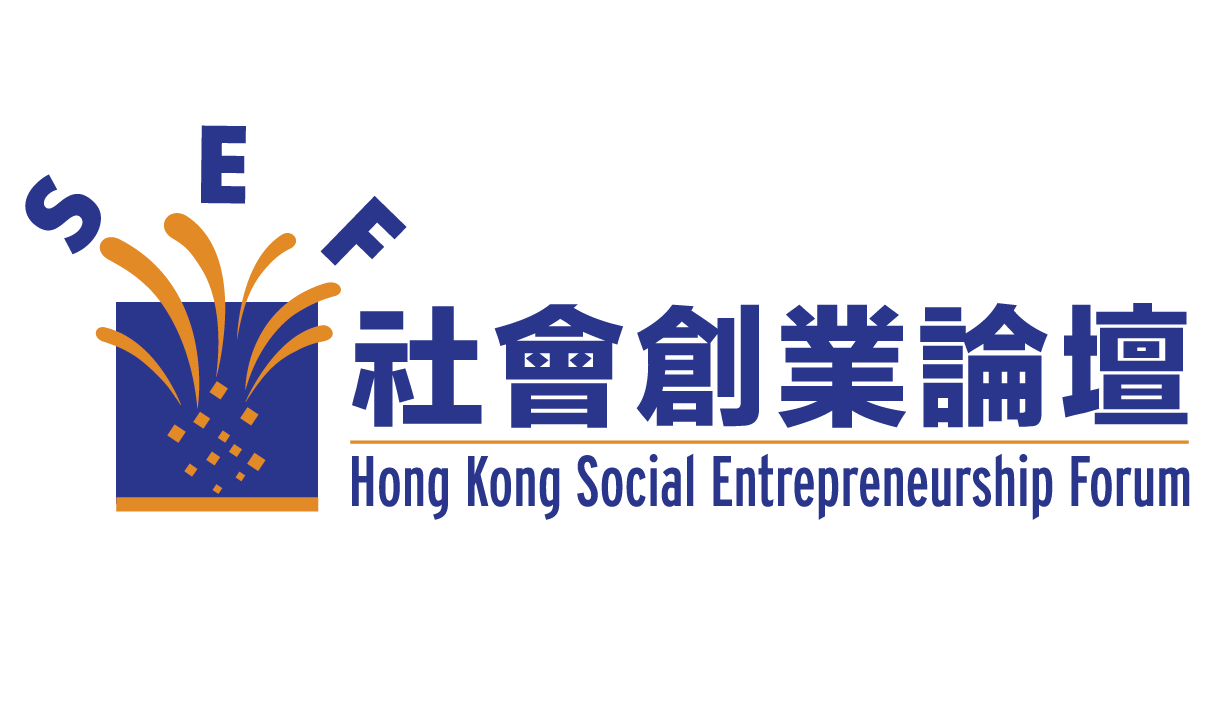Edited by Dr KK Tse
I was in Singapore last week attending the Social Innovators’ Forum (December 14 & 15) organized by the Social Innovation Park in conjunction with the Schwab Foundation for Social Entrepreneurship. I was so impressed by what I heard and experienced that I couldn’t wait to share it with you. But I have a major challenge. How could I possibly capture all the ideas, stories, insights and feelings in a couple of pages? So I asked myself: what outcomes do I really want to achieve by the sharing? I thought hard and finally came up with this answer: with my sharing, I wanted to convince you that you should attend this Forum next year.
So you can either stop reading now, or be prepared to mark your diary for this important trip.
What is Social Innovation Park?
The organizer, Social Innovation Park (SIP) is an independent, not for profit organization that aims to promote a self-reliant and thriving model for both existing and aspiring social entrepreneurs alike to bring about positive transformation to society. Although it is called ‘Park’, it is not a physical park like Science Park, but rather an organization employing innovative approaches and methods to achieve its goals. SIP’s mission revolves 3’E’s: To Educate, Empower and Enhance. It aims to educate the public on the subject of social entrepreneurship. It empowers social entrepreneurs with a shared resources pool and professional support and enhances such set ups by leveraging on the power of both local and international networks to provide access to funds and cutting edge business ideas and best practices.
Inspiring Contents
I do not want to bore you by reproducing the Forum program, but I can’t resist the temptation of highlighting the contents of what had been covered, such as:
- An up-close, personal look at a new breed of world leaders who are changing the business landscape
- How leaders can subscribe to cutting edge ideas that help their businesses gain international recognition
- Doing good while doing well: A case study of Salesforce.com whose 1/1/1% model represents a unique approach to integrated philanthropy – giving 1% of employee time, 1% of company products and 1% of company assets to social causes
- Why working with social entrepreneurs is strategically important to companies’ core business
- What it takes to be a social entrepreneur
- Bridging the social-business divide — how technology and business can advance a social cause
- What are the challenges and opportunities for launching and growing a social enterprise?
- Recommendations of the Government appointed Social Enterprise Committee
My Greatest Impressions
- Feeling small – Whilst in Hong Kong, I thought I was one of the few who is knowledgeable about social entrepreneurship as a world-wide phenomenon. At the Forum, I felt small, almost tiny, as this was my first personal encounter with a large group of world class social entrepreneurs.
- Compared to Hong Kong, there is in Singapore a much greater business involvement in the area of social entrepreneurship, through experience sharing, sponsorship, partnership, mentoring and the like.
- Although the Singapore government is as eager as the HK counterpart in promoting social enterprises, the former is adopting a relatively hands-off approach. It prefers to support non-government organizations to promote social entrepreneurship.
- Although both Hong Kong and Singapore are latecomers in the field of social entrepreneurship, Hong Kong lags far behind Singapore. For example, some social enterprises from Singapore are already having an impact on China while Hong Kong has few show cases to speak of.
- What impressed me most were the inspiring role models from overseas and local social entrepreneurs. ‘Seeing is Believing’ is absolutely true. One implication is that any program for nurturing social entrepreneurs must build into it ample opportunities for exposing the participants to world class social entrepreneurs.
- This is the second year of the Social Entrepreneurs of the Year Award which testifies to the growing maturity of social entrepreneurs in Singapore. How long do we have to wait for the HK counterpart? I guess at least two to three years.
Finalists of the Social Entrepreneurs of the Year
Read the work of the three finalists below and decide on who you would vote for as the Social Entrepreneur of the Year:
Alvin Lim, Bizlink Centre Singapore Ltd
CEO Alvin has a strong entrepreneurial flair as well as a big social heart. He is well experienced starting, growing and managing both commercial and non-profit companies. Having led commercial companies like subsidiaries of public list companies in top executive positions to develop, grow and restructure businesses, Alvin also restructured non-profit organizations. Alvin is instrumental in leading Bizlink Centre to turn around financial deficits, improve corporate governance and achieve record deliverables of desired social outcomes in 2006.
Alvin’s innovative approach to poverty issues through providing employment to disadvantaged needy people is sustainable and easily accepted by Asian culture. Today, Alvin serves full time on the Bizlink platform to help disadvantaged community of people with disabilities to gain employment, enabling them not only to achieving financial independence but also restoring their dignity and integrating them back to the society.
It was estimated that the entire non-profit sector placed a total of 350 people with disabilities into open full time employment in 2006. 314 of them were placed by Bizlink. This number reflects the strengths of Alvin’s program and its impact on the community.
Kenny Low, CHEC and O School
Kenny, the Principal of CHEC and O School, is characterized by strong business acumen, artistic talent, and an insatiable passion for social change in the youth sector. In 2002, he founded CHEC, a non-profit alternative school that provide quality, effective education for youths who fall through the cracks of the education system. More than just academic preparation, Kenny provides these youths with a platform to nurture their self-esteem and dreams. This approach has delivered great results. In 2006, 94.7% of their students graduated with a GCE ‘O’ Level certificate, compared to the national average of 86.9%. Previously treated as dropouts by the system, 62.1% of the graduating cohort is eligible for tertiary education.
Kenny launched O School, a vibrant performing arts centre to generate revenue to offset costs and fund student bursaries while providing positive role models for youth through dance. O School is also a haven for dreams – young talents are given the opportunity to grow in confidence and skill, as well as to earn steady incomes as dance instructors, performers and choreographers in a sector where most depends on freelance projects.
Kenny’s efforts have paid off as O School has been recognized as one of the leading studios providing training in street dance. The Centre generated close to half a million dollars (over HK$3millions) in less than two years and organized the Big Groove, the first and largest hip-hop dance conference in Singapore. It also trains dance teams in four local polytechnics, two universities and both Singapore Idol winners, Taufik Batista and Hady Mizra.
Lawrence Khong, Project SMILE
Lawrence, 55, is the CEO of Gateway Pte Ltd, an entertainment company that has produced inspiring and compelling movies and innovative stage illusion shows, watched by viewers in the US, Asia Pacific region and Singapore.
Lawrence has always been passionate about developing youths to become compassionate individuals serving the community. Combining his twin passions for magic and youth development, Lawrence conceptualized the innovative Project SMILE or Sharing Magic in Love Everywhere, in 2002. Through Project SMILE, youths and adults are trained in the creative art of magic to bring smiles to the less privileged.
Lawrence has strategically mobilized resources to launch Project SMILE as the first magic program in the Asia Pacific region. To date, Project SMILE has impacted some 2400 participants, both locally and overseas, who reached out to some 11,000 disadvantaged beneficiaries in hospitals and homes. Lawrence also brought Project SMILE to other parts of Asia, in particular to China through the gateway cities of Beijing, Shanghai and Shenyang, where government agencies seek to actively promote volunteerism among its youth. As an entrepreneur, Lawrence has developed Project SMILE to be self-sustaining, deriving its income from course fees and sponsorship. Lawrence has a degree in business administration from the University of Singapore and a master’s degree in theology from Dallas Theological Seminary.
Ready to cast your vote for the Social Entrepreneur of the Year Award? ……..and the Award goes to: K E N N Y L O W!

